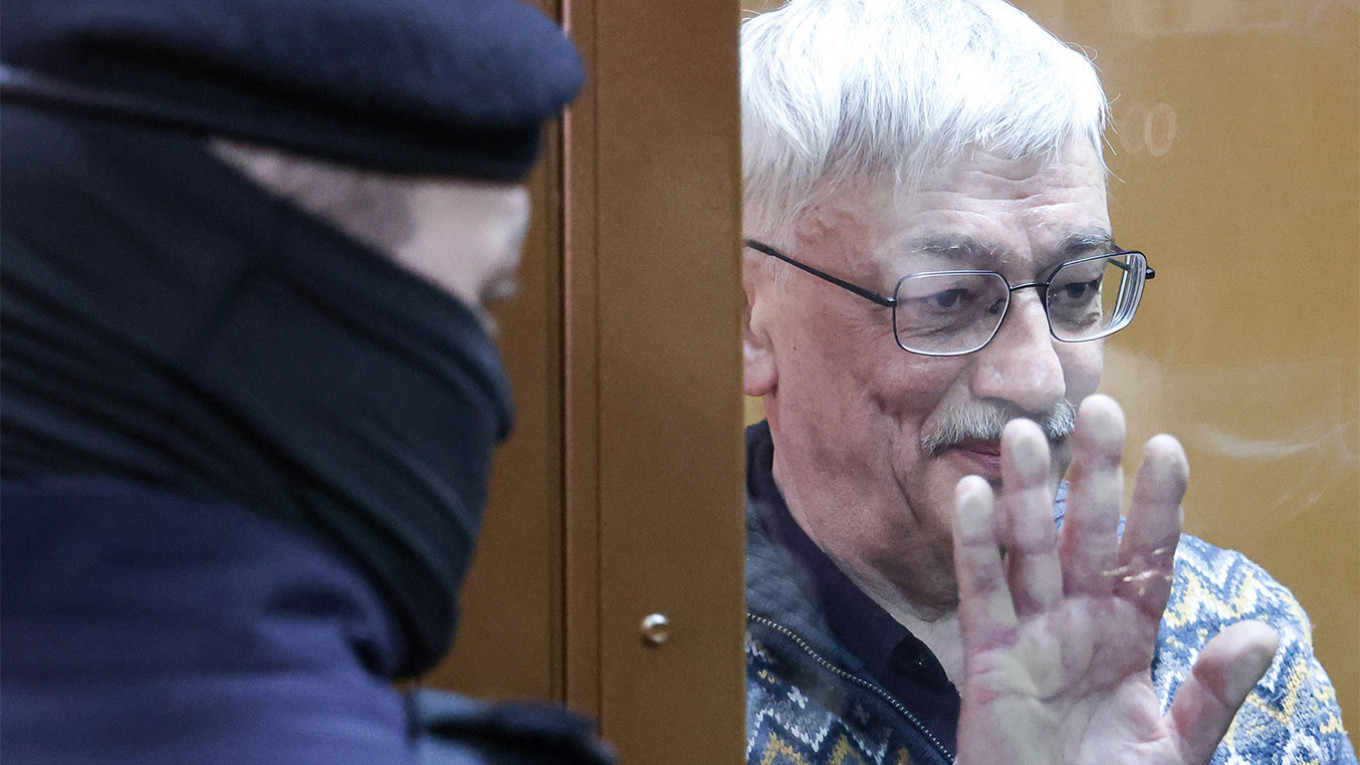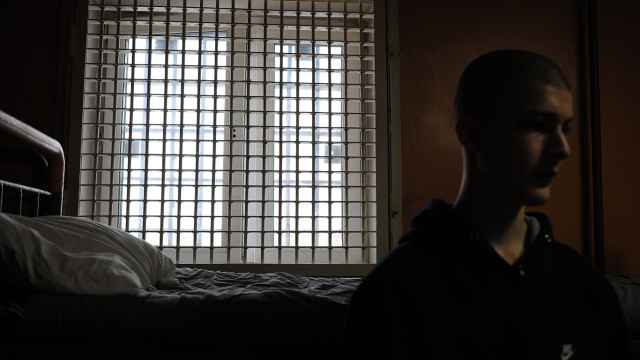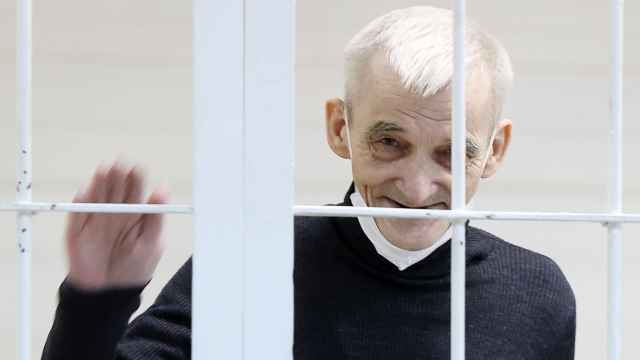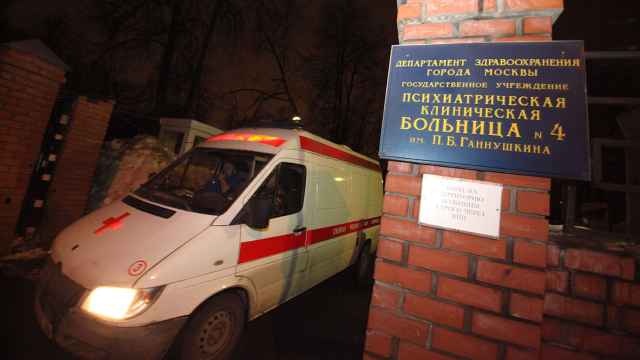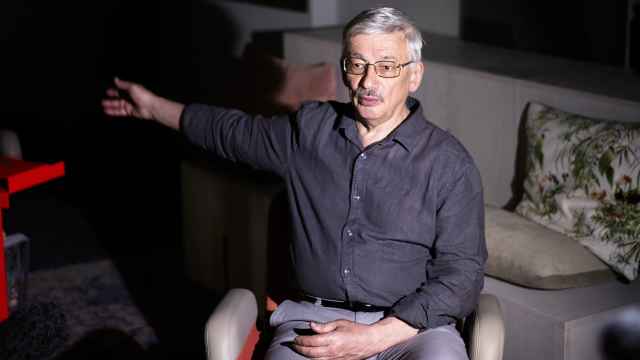The Russian human rights group Memorial said Monday that its co-founder Oleg Orlov was transferred to a detention center in southwestern Russia before his prison sentence was set to enter into force.
A Moscow court in February found Orlov, 71, guilty of “discrediting” the Russian army after he openly criticized the invasion of Ukraine, sentencing him to two-and-a-half years in a medium-security prison. The activist has appealed the verdict against him.
Under Russian law, a prison sentence does not enter into force until a higher court issues a ruling on an appeal.
Memorial said in a statement that authorities on Thursday night moved Orlov from Moscow to a detention center in the southwestern city of Samara without notifying his lawyer or wife.
“We have appealed the verdict... therefore, it will have entered into legal force only after an appellate court, which could theoretically commute the sentence or acquit,” the activist’s lawyer Katerina Tertukhina said.
An unnamed lawyer at Memorial said Russian prison authorities sometimes justify the premature transfer of prisoners as a way to help ease overcrowded detention centers.
According to the lawyer, the judge who sentenced Orlov granted visitation rights to his wife Tatiana on Thursday.
“This is a terrible humiliation... It’s hard to interpret this as anything other than revenge or a desire to ‘spite’ Orlov,” the Memorial lawyer said.
Tatiana Orlova requested that the authorities not transfer her husband until his sentence enters force due to his poor health.
Memorial described the transfer, which is standard practice for many prisoners in Russia, as a “torturous” process in cramped spaces.
“[Orlov] is very tired. He still doesn’t know where and on what grounds he’s being transferred. It’s possible that Samara is not the final destination,” Memorial wrote.
Russia’s Justice Ministry designated Orlov a “foreign agent” 11 days ahead of his sentencing.
A Message from The Moscow Times:
Dear readers,
We are facing unprecedented challenges. Russia's Prosecutor General's Office has designated The Moscow Times as an "undesirable" organization, criminalizing our work and putting our staff at risk of prosecution. This follows our earlier unjust labeling as a "foreign agent."
These actions are direct attempts to silence independent journalism in Russia. The authorities claim our work "discredits the decisions of the Russian leadership." We see things differently: we strive to provide accurate, unbiased reporting on Russia.
We, the journalists of The Moscow Times, refuse to be silenced. But to continue our work, we need your help.
Your support, no matter how small, makes a world of difference. If you can, please support us monthly starting from just $2. It's quick to set up, and every contribution makes a significant impact.
By supporting The Moscow Times, you're defending open, independent journalism in the face of repression. Thank you for standing with us.
Remind me later.


